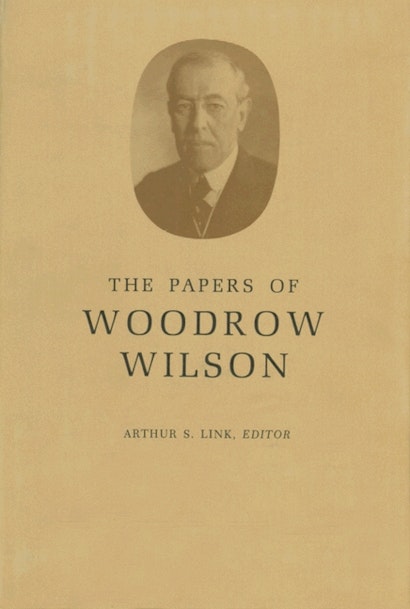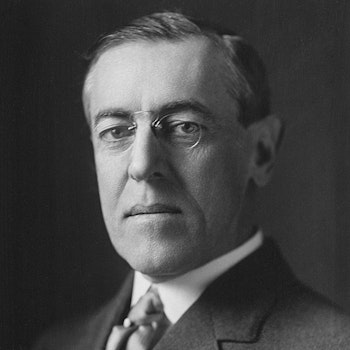The Papers of Woodrow Wilson, Volume 9: 1894-1896


Hardcover
- Price:
- $170.00/£142.00
- ISBN:
- Published:
- Oct 21, 1970
- Copyright:
- 1971
- Pages:
- 640
- Size:
- 6 x 9.25 in.
- Main_subject:
- History
The Papers of Woodrow Wilson is the first comprehensive edition of the documentary record of the life and thought of the twenty-eighth President of the United States and the first full scale edition of the papers of any modern American president.
The period from September 1894 through August 1896, covered in this ninth volume, reveals Wilson reaching the height of his powers as an undergraduate teacher, a public lecturer, and a writer.
Wilson’s lecture notes for his Princeton courses on public law and the history of law, printed here for the first time, demonstrate his skill as a teacher and his mastery of the subject. Other documents illustrate his increasing involvement in the life of the college through leadership in the faculty, numerous addresses to undergraduate organizations, supervision of college athletics, and frequent speeches on the alumni circuit.
Wilson’s outstanding ability as a public speaker was now nationally recognized, and his book contains many of his speeches. In lectures on political liberty, morality, and expediency, we are given his prescriptions for a society still in the throes of a national crisis of confidence in the wake of the Pullman railroad strikes of 1894. With his delivery of “The Course of American History” in May 1895, and its publication later that year, Wilson emerged as a general interpreter of American history. In an address at the University of Virginia in June 1895, we find Wilson’s first self-identification as a Southerner. He also continued his series of lectures on administration at the Johns Hopkins University in 1895 and 1896. Other speeches and documents present his reaction to events on the national and international scene well into the presidential campaign of 1896.
During this period, Wilson engaged in a creative collaboration with Howard Pyle, the distinguished American illustrator, while writing the biography, George Washington.
Personal letters and other material augment our knowledge of several major events in Wilson’s life during these years; the Wilsons planned and built a home of their own in Princeton; Wilson played an important role in a successful reform campaign against an entrenched political machine in Baltimore; he participated in New Jersey politics for the first time; and finally, he suffered a small stroke and made his first trip abroad-to England and Scotland.
